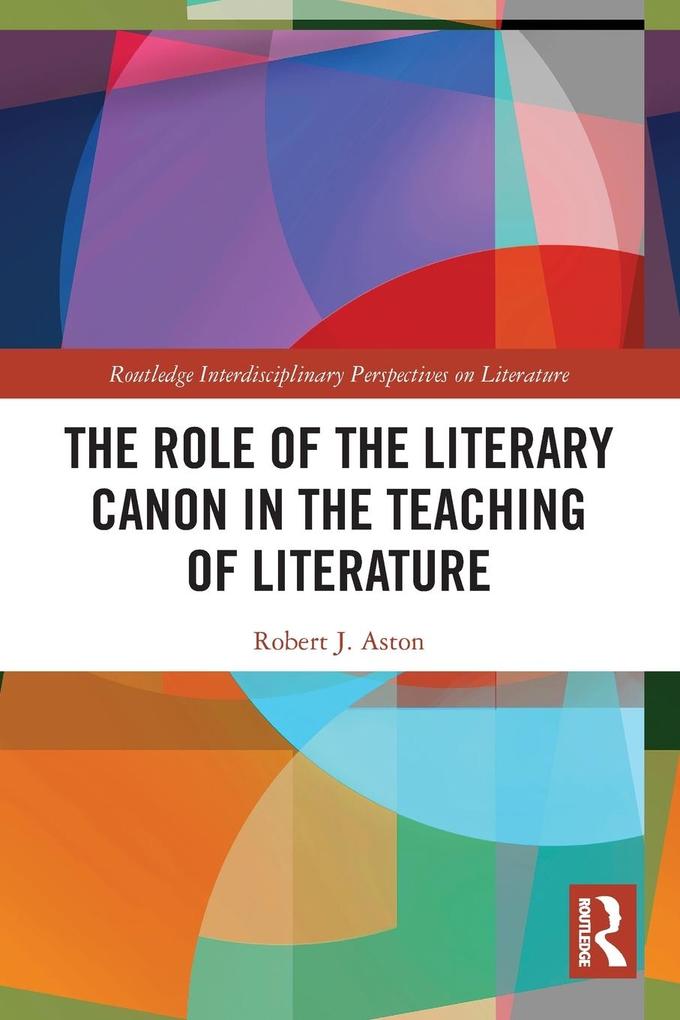
Zustellung: Di, 17.06. - Fr, 20.06.
Versand in 6 Tagen
VersandkostenfreiBestellen & in Filiale abholen:
This book investigates the role of the literary canon in the teaching of literature. Drawing on theoretical, historical, and empirical studies, it explores processes of canon formation that emerged long before the teaching of literature became a discipline but continue to inform this teaching in the 21st century.
This book investigates the role of the idea of the literary canon in the teaching of literature, especially in colleges and secondary schools in the United States. Before the term "canon" was widely used in literary studies, which occurred in the second half of 20th century when the canon was first seriously viewed as politically and culturally problematic, the idea that some literary texts were more worthy of being studied than others existed since the beginning of the discipline of the teaching of literature in the 1800s. The concept of the canon, however, extends as far back as to Ancient Greece and its meaning has evolved over time. Thus, this book charts the changing meaning of the idea of the literary canon, examining its influence specifically in the teaching of literature from the beginning of the field to the 21st century. To explain how the literary canon and the teaching of literature have changed over time and continue to change, this book constructs a theory of canon formation based on the ideas of Michel Foucault and the assemblage theory of Manuel DeLanda, illustrating that the literary canon, while frequently contested, is integral to the teaching of literature yet changes as the teaching of literature changes.
Inhaltsverzeichnis
Introduction
Locating the Canon
Chapter One
Suspending the Given
Chapter Two
The Canon, Its Gatekeepers, and the Teaching of Literature
Chapter Three
Power Relations, the Canon, and Resistance
Chapter Four
Assemblages: Lines of Stability and Change in the Canon
Chapter Five
Incompleteness and the Canon in the Teaching of Literature
Produktdetails
Erscheinungsdatum
31. Mai 2023
Sprache
englisch
Seitenanzahl
172
Reihe
Routledge Interdisciplinary Perspectives on Literature
Autor/Autorin
Robert Aston
Verlag/Hersteller
Produktart
kartoniert
Gewicht
259 g
Größe (L/B/H)
229/152/10 mm
ISBN
9780367510978
Entdecken Sie mehr
Bewertungen
0 Bewertungen
Es wurden noch keine Bewertungen abgegeben. Schreiben Sie die erste Bewertung zu "The Role of the Literary Canon in the Teaching of Literature" und helfen Sie damit anderen bei der Kaufentscheidung.










